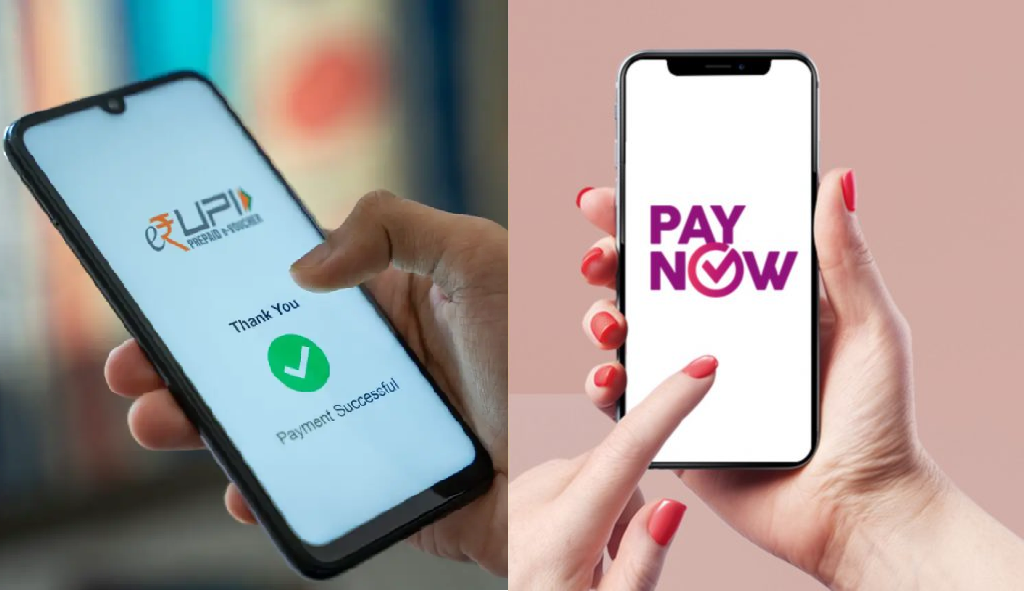
PayNow has now been linked with its Indian counterpart, known as the United Payments Interface (UPI).
For now, the feature will only be available to certain DBS customers and fintech company Liquid Group. These customers will be able to use the linkage to transfer up to S$200 per transaction, to a maximum of S$500 a day.
The service will gradually be extended to more users, and transaction limits will also be raised until the end of March.
Customers of all participating Indian banks, including Axis Bank, DBS India, Indian Overseas Bank, and the State Bank of India, among others, will be able to receive funds through the service from the outset. Users will be able to send and receive funds between bank accounts or e-wallets across the two countries in real time, using either their mobile phone number, UPI identity, or Virtual Payment Address.
Typically, those hoping to send money overseas will have to pay remittance fees, which can cost an average of 6.3 per cent of the amount sent.
“The linkage provides customers with a safe, simple, and cost-effective way to make cross-border fund transfers. The PayNow-UPI linkage is the world’s first real-time payment systems linkage to use a scalable cloud-based infrastructure which can accommodate future increases in the volume of remittance traffic.”
-Monetary Authority of Singapore
The linkage was launched today, and officiated by Prime Minister of Singapore Lee Hsien Loong, and Prime Minister of India, Narendra Modi.
MAS Managing Director Ravi Menon and Reserve Bank of India (RBI) Governor Shaktikanta Das executed live cross-border fund transfers to each other from their respective locations in Singapore and India.
According to India’s Prime Minister’s Office, India has emerged as one of the fastest-growing ecosystems for fintech innovation, and the linkage between PayNow and UPI will help the Indian diaspora in Singapore, especially migrant workers and students, through the instantaneous and low cost transfer of money from Singapore to India and vice-versa. Prime Minister Modi also called the linkage “a new milestone in relations between the two countries”.
PM Lee also noted the importance of the linkage, pointing out that “cross-border retail payments and remittances between Singapore and India amount to over US$1 billion annually.”.
Singapore is on a payments integration spree
Cross-border payments integrations between Singapore and other countries have been increasing over the past few years.
In July 2022, the central banks of Singapore, Malaysia, Thailand, Indonesia, and the Philippines agreed to link their payments systems by November.
Singapore has also begun to work on linking PayNow with Malaysia’s DuitNow, which means that customers will be able to make payments by scanning the NETS or DuitNow QR codes at retail shops and eateries.
Cross-border QR payments have also been enabled between Singapore and Thailand since 2019, as an arrangement between Thailand’s Siam Commercial Bank and Singapore’s Liquid Group.
Featured Image Credit: Pile, Candid.Technology
Stay connected with us on social media platform for instant update click here to join our Twitter, & Facebook
We are now on Telegram. Click here to join our channel (@TechiUpdate) and stay updated with the latest Technology headlines.
For all the latest Life Style News Click Here
For the latest news and updates, follow us on Google News.
